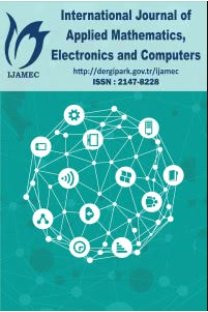A Performance Evaluation of Solar Energy Prediction Approaches for Energy-Harvesting Wireless Sensor Networks
Energy harvesting from the surrounding environment has been a superior way of eliminating the burden of having to replace depleted batteries in wireless sensor networks (WSNs), thereby achieving a perpetual lifetime. However, the ambient energy is highly time-variable and depends on the environmental conditions, which raises the need to design new approaches for predicting future energy availability. This paper presents a performance evaluation and comparison of three recently-proposed solar energy prediction algorithms for WSNs. In order to provide an accurate performance of the algorithms, real-world measurements obtained from a solar panel were considered. Also, the performance characteristics of the algorithms in four seasons –winter, spring, summer and autumn – were demonstrated. To do this, a month in each season was selected for performance comparison, discussing the performance of the algorithms in each season.
Keywords:
Wireless sensor networks Energy harvesting,
___
- S. Kosunalp, “MAC protocols for energy harvesting wireless sensor networks: survey”, ETRI Journal, vol. 37, pp. 804-812, 2015.
- S. Kosunalp, “EH-TDMA: A TDMA-based MAC Protocol for Energy Harvesting Wireless Sensor Networks”, International Journal of Computer Science and Information Security, 14(8), pp. 325-328, 2016..
- S. Kosunalp, “A New Energy Prediction Algorithm for Energy-Harvesting Wireless Sensor Networks with Q-Learning,” IEEE Access, 4, pp. 5755-5763, 2016.
- ISSN: 2147-8228
- Yayın Aralığı: Yılda 4 Sayı
- Başlangıç: 2013
- Yayıncı: Selçuk Üniversitesi
Sayıdaki Diğer Makaleler
Abdullah Kepceoğlu, Hamdi Şükür Kılıç
İkbal ESKİ, Ahmet KİRNAP, Mehmet KİRNAP
Hilmi Saygın SUCUOĞLU, Ismail BOGREKCI, Pinar DEMIRCIOGLU, Ogulcan TURHANLAR
